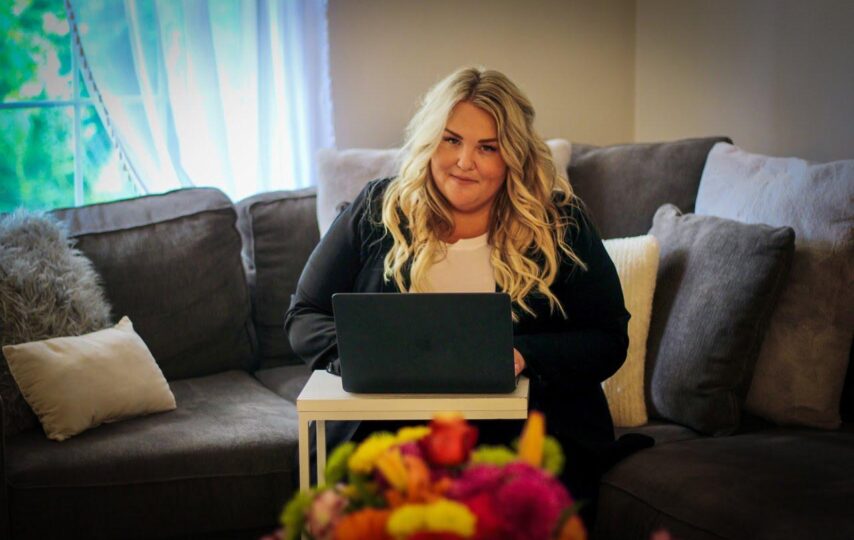Deanna Deveney provides tips for effectively working with the government.
Anyone working towards addressing an important cause, such as cleaning up the environment or championing equality, will likely have to work with government organizations and officials to drive lasting change. Fortunately, public servant Deanna Deveney has some tips for engaging with governments.
“First, if you want to enact change, it’s essential to understand the legislative process and relevant government bodies,” says Deanna Deveney. “If you don’t understand the nuts and bolts of the relevant processes, your enthusiasm may fail to drive lasting change.”
Governance is very complex, but if advocates don’t understand and appreciate that complexity, they may fail to achieve their goals. Among other things, it’s smart to figure out who the legal authorities are on a given issue. Which level is the most relevant for the said issue? Federal, state, local? All three may play important roles, of course. If so, advocates need to account for them when strategizing.
Often, change starts at the local level but then grows as the movement finds traction and allies. If advocates want to pursue better environmental custodianship, for example, they might first start by cleaning up a local park and pushing for the city to place more trash and recycling cans around the park.
Trying to clean up the local park might put advocates in touch with city council members. Later, these city council members might put them in touch with state-wide environmental groups or state legislators who can help pursue environmental protections at the state-wide level. Then who knows, further down the road, advocates may find themselves working with federal congress members and the like to push through change on the national level.
“It’s often wise to start local and then to grow your movement,” says Deanna Deveney. “Generally speaking, getting things pushed through at the local level can happen more quickly than at the larger scale. State and federal legislatures are often very slow, and it can take a lot of resources to create movement”
Deanna Deveney Talks Relationships With Officials
Relationships are vital no matter the level of government advocates are working with. It’s smart to identify legislators and government officials who are already interested and invested in the same things, say controlling pollution or environmental and energy issues. If their aims and goals already align, it’s often easier to forge stronger relationships and mutually beneficial partnerships.
“Natural allies often make for the best allies because you don’t have to convince them why your cause is worthy, and they don’t have to convince you to donate your time or effort to the cause,” Deanna Deveney says.
Throughout the legislature, there are members of the House and the Senate that serve on different committees. For example, the Committee on Education. There are also Joint Committees where a member of both the House and the Senate participate on. Understanding who is passionate about what and the role they play within the committees is one of the most vital steps in formulating a strong legislative strategy. There are only so many hours in the day, and as advocates get to work, they may find themselves constantly short on time. It’s best then to make sure that time is well spent.












